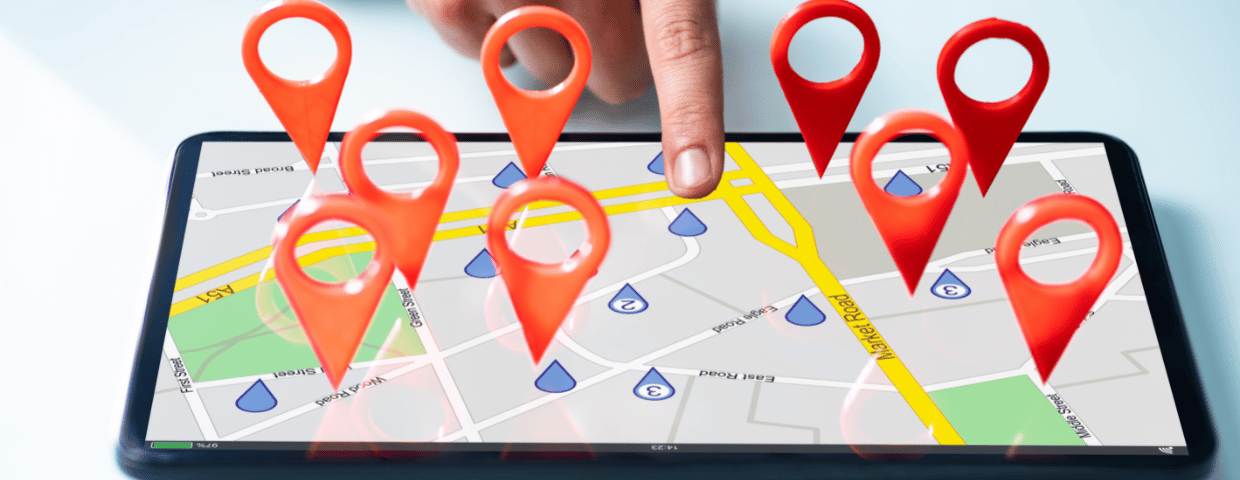Inbound Marketing Blog
Search Engine Optimization (SEO) and content are best friends. SEO is nothing without content and the best content is driven by SEO. The two go hand in hand. Tribute Media’s content and SEO specialists work together to provide the best results for our clients, in fact, you can read the conversation about how we approach Google’s Helpful Content Update.
For small businesses, having a strong online presence is critical to driving sales and revenue. This is where Search Engine Optimization (SEO) comes in - it's a vital component that cannot be ignored. However, many small business owners still make common SEO mistakes that can hinder their online visibility and ultimately hurt their bottom line.
Let's take a look at the top 5 SEO mistakes and how to fix them so that your small business can thrive online.
While AI has been around in various forms for a few years now, it has taken over the media since ChatGPT created a frenzy and Microsoft announced it was partnering with Open AI for search. There has been a lot of concern about whether AI is going to replace humans in the content creation space, and I don’t buy into the hype. I think AI is going to be our largest resource—and I'll tell you why.
Rebuilding your website can be an exhilarating journey, offering opportunities to revitalize your brand and enhance user experience. However, it also demands substantial investments of time and resources. To ensure long-term success, it's crucial to optimize your website for search engines through a well-executed SEO strategy. In this article, we'll provide you with a step-by-step roadmap to successfully rebuild your website while maximizing its SEO potential.
Local search is essential for service-based industries with clients in the same area. We all want to be included in local search queries related to our industries—for instance, for our client, Naylor's Auto Repair, that would be [auto mechanic near me]. By creating and optimizing your Google My Business listing and your website content for your local audience, you can improve your site’s local visibility.
HubSpot offers a variety of tools for its users, and one of the most useful for those trying to grow organic traffic is the Topic Cluster Tool. This easy to use tool makes implementing topic clusters and pillar strategies easy in your HubSpot CMS. Let's take a look at what the tool is, how it works, and why you should use it.
One of the primary ways you can improve Search Engine Optimization for your website is by optimizing your images for the web. Our Art Director, Don, explains best practices for image optimization on your website, including information on screen resolution, different file types, and tools for optimization.
If you have a website, you likely understand the struggle to best optimize it to maximize sales-qualified traffic and increase conversions. It is essential that you not only understand how your users find your website but also how users are currently using and navigating your website so that you can make the necessary changes to increase your conversions and create a better user experience.










